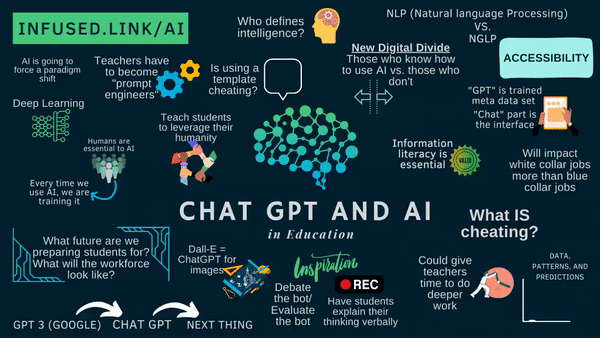Trends to Dominate The Next Decade

After the events of 2020 and Covid-19, I realized the world had changed so much that I couldn't recognize it. In response to this shifting landscape, I took a year off to study at Stanford Business School as a Sloan Fellow. My objective was to understand what the next big trends were going to be, so I could prepare accordingly. Here are my top three trends to survive and thrive in the next decade.
1) Climate Tech
When I arrived on campus, John Doerr the legendary venture capitalist that invested in Google and Amazon donated $1.1 billion dollars to Stanford to setup the Doerr School for Sustainability. That along with the Inflation Reduction Act of 2022 (IRA) passing and the recent IPCC report recommendations prompting new urgency set off a new, reinvigorated interest in climate-oriented businesses.
This trend may be the hardest to follow because it has historically been linked so close to politics, but it would be a mistake to not embrace it. Climate Change along with grid resilience, energy security, and environmental consciousness are durable trends that are evolving into bipartisan issues. How these challenges are handled in policy are up for debate, but the liquidity towards these challenges is pouring into startups, VC, and private equity funds.
This is the greatest entrepreneurial challenge, but also the greatest entrepreneurial opportunity.

2) Generative AI
In November 2022, OpenAI's ChatGPT took the world by storm and Generative AI has stolen the show ever since. Google released Bard shortly after and Generative AI startups are raising enormous amounts of capital despite tough markets. It was fun playing with ChatGPT in college as the world of education was trying to figure out how to deal with it. I was also surprised that no one at Stanford, not one single person used ChatGPT for their assignments to save time for social events.

After the FTX and Luna crashes nuked the crypto/web3 scene, funds and startups have curiously become "Generative AI" all of the sudden.
3) The Creator Economy
This trend was more about watching what people do more than what they say. There wasn't much talk of the creator economy on campus, but increasingly, more successful people were developing content, starting podcasts, and taking selfies with important figures visiting. It wasn't a hype train, but it was hidden in plain sight.
The creator economy is extremely powerful because people are storytelling animals. Content is the new data and the new currency at the same time. For those that are new to this trend, developing one's online presence, content, and narrative are absolutely critical. As people's attention spans decrease, the new battlefield will be in short form content (TikTok, Instagram Reels, and YouTube Shorts) as well as community based socials (Discord, WhatsApp Groups, Slack Channels).
The creator economy is also a huge blindspot to those that are older, more professional, and highly-educated. This space is dominated by Gen Zers who are hustling to be self-employed and hate college with unprecedented cynicism. Those that are embracing this trend are succeeding and disrupting the status quo, while the people who are too good to participate are in dangerous territory.
